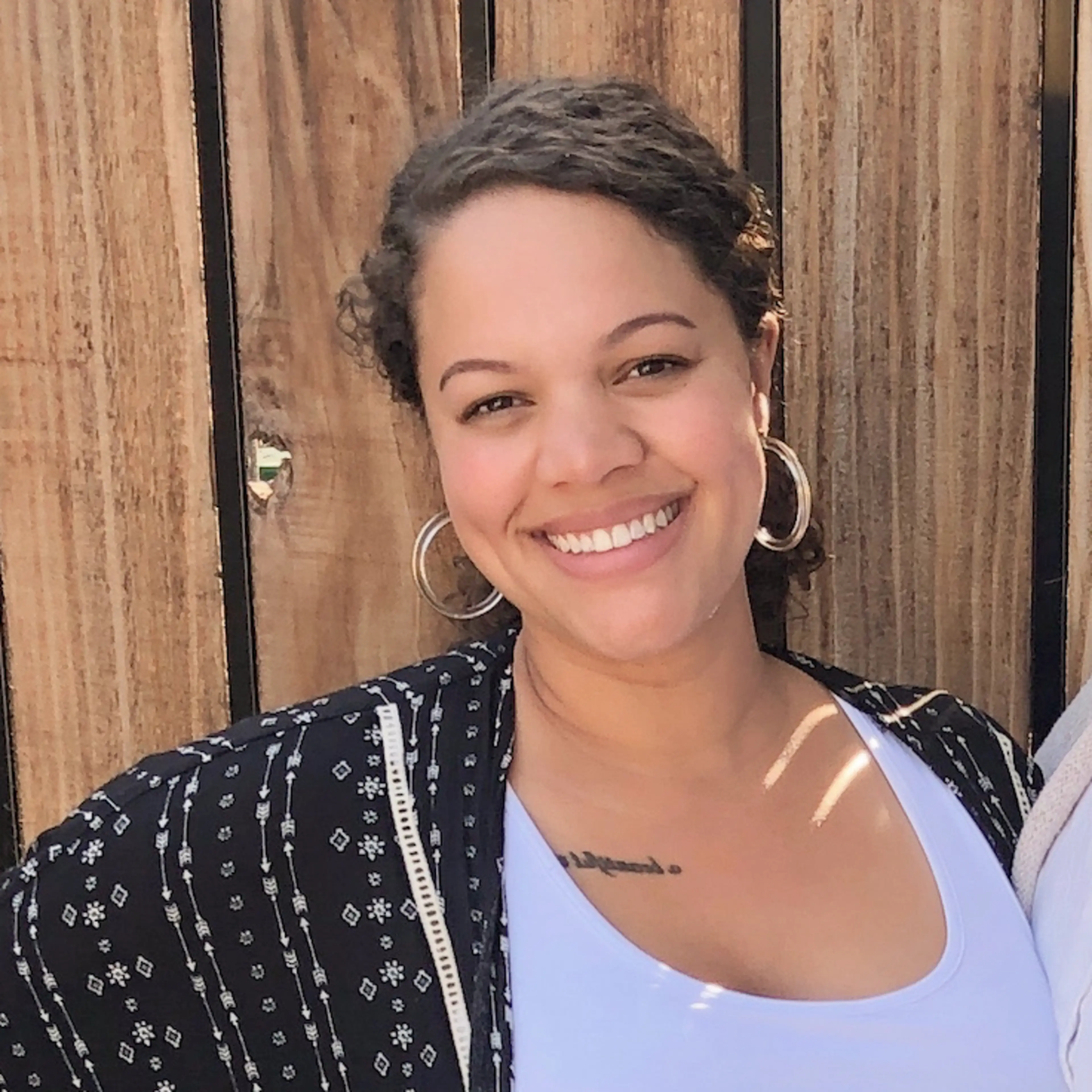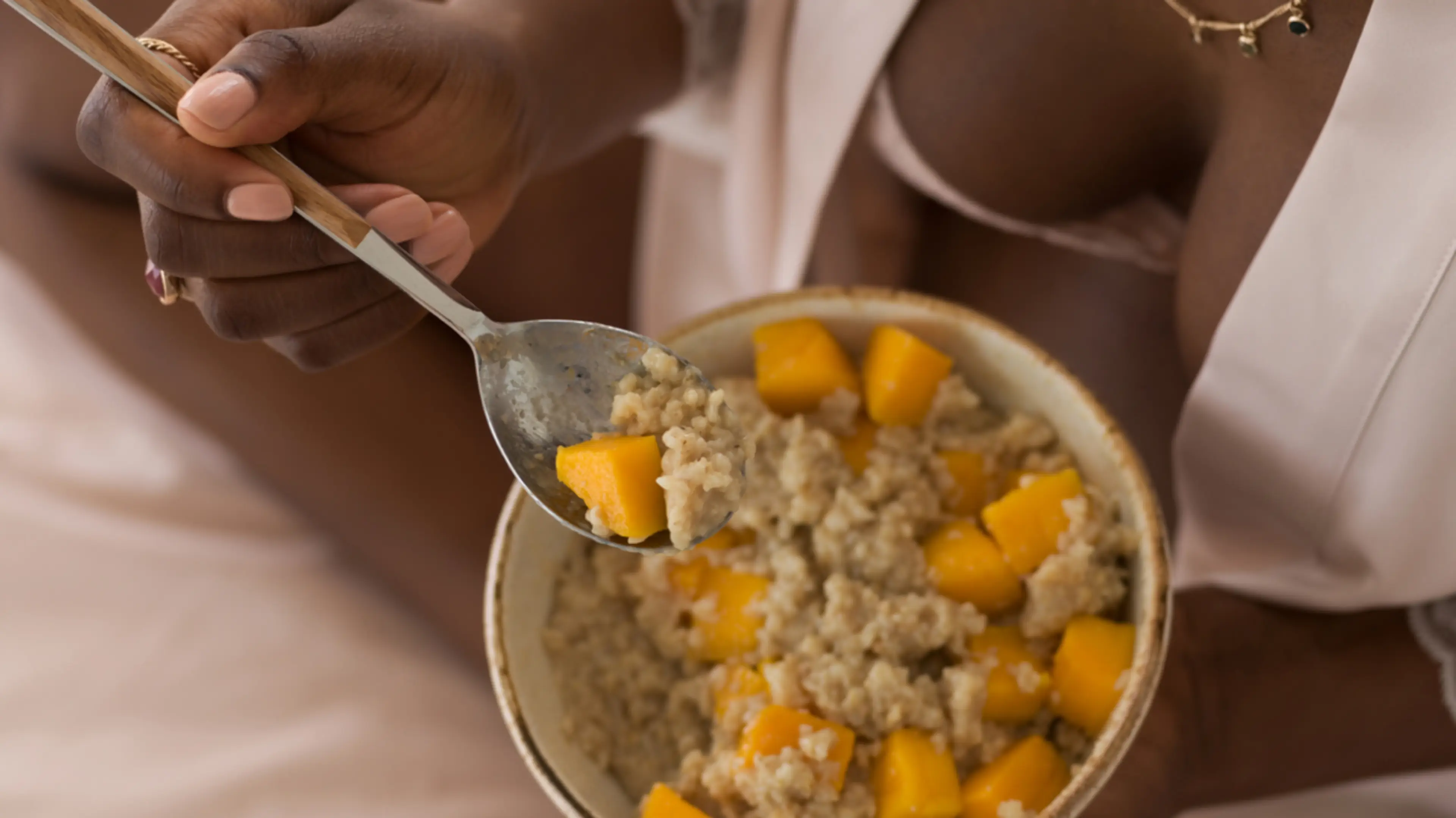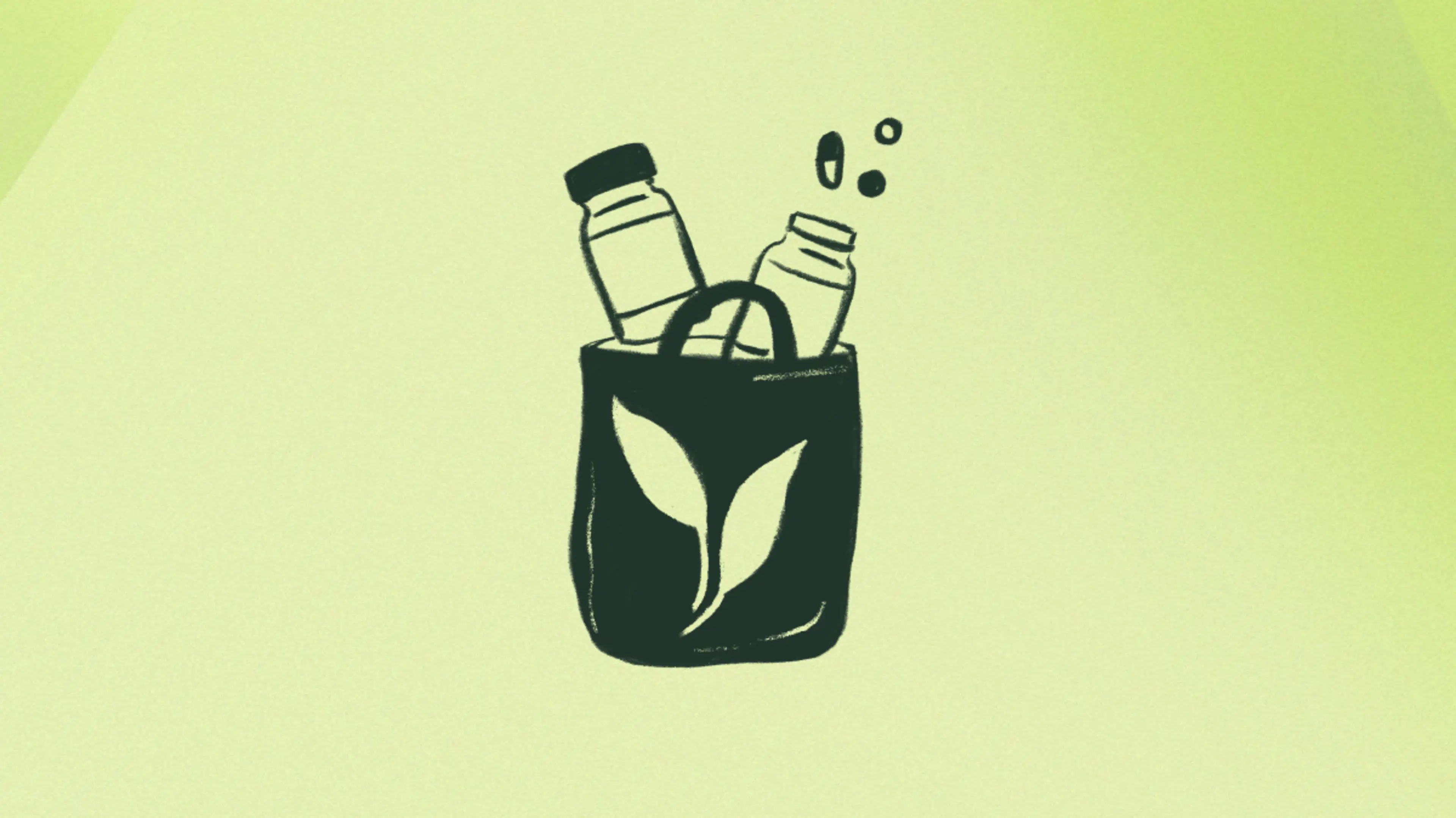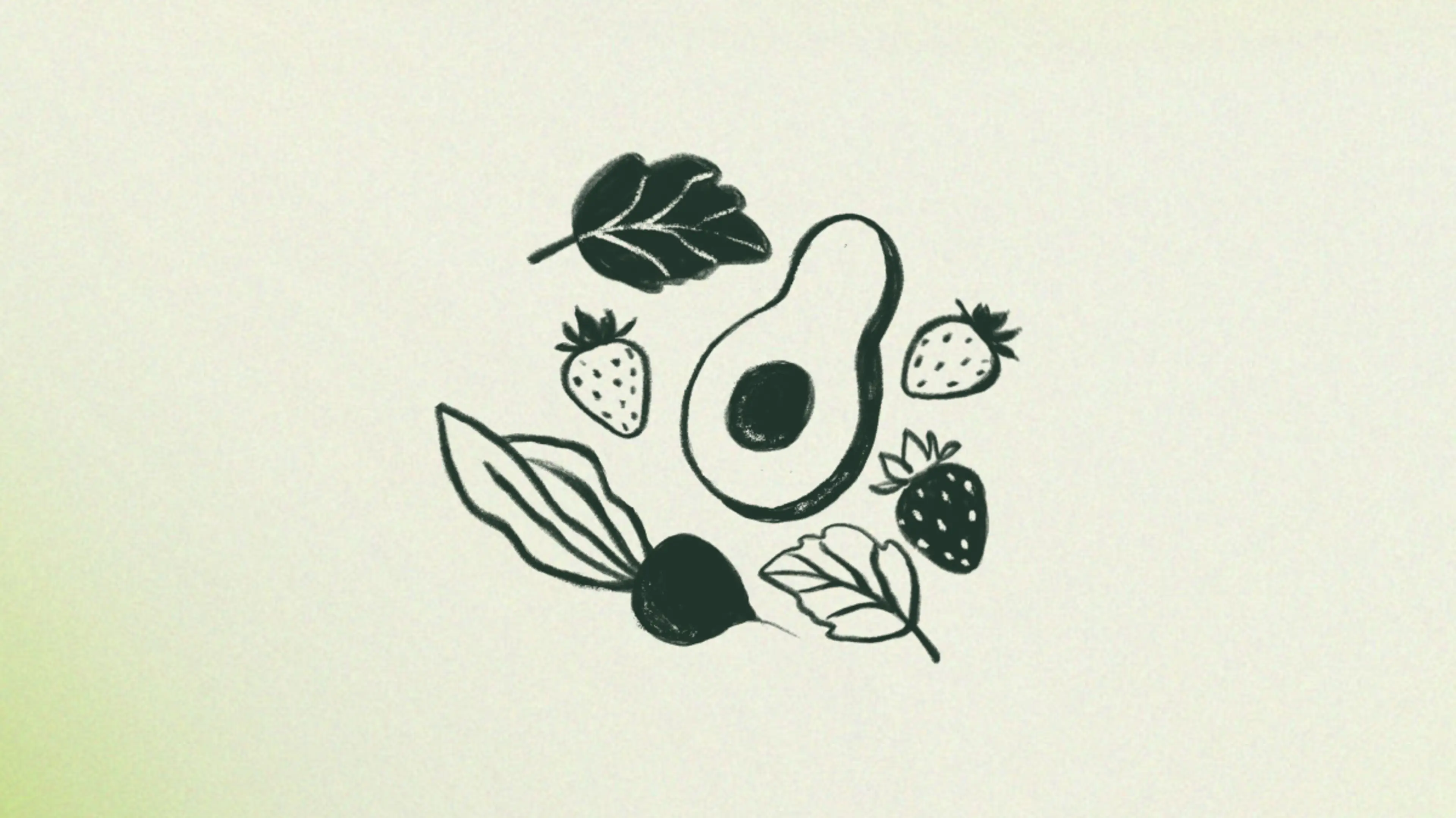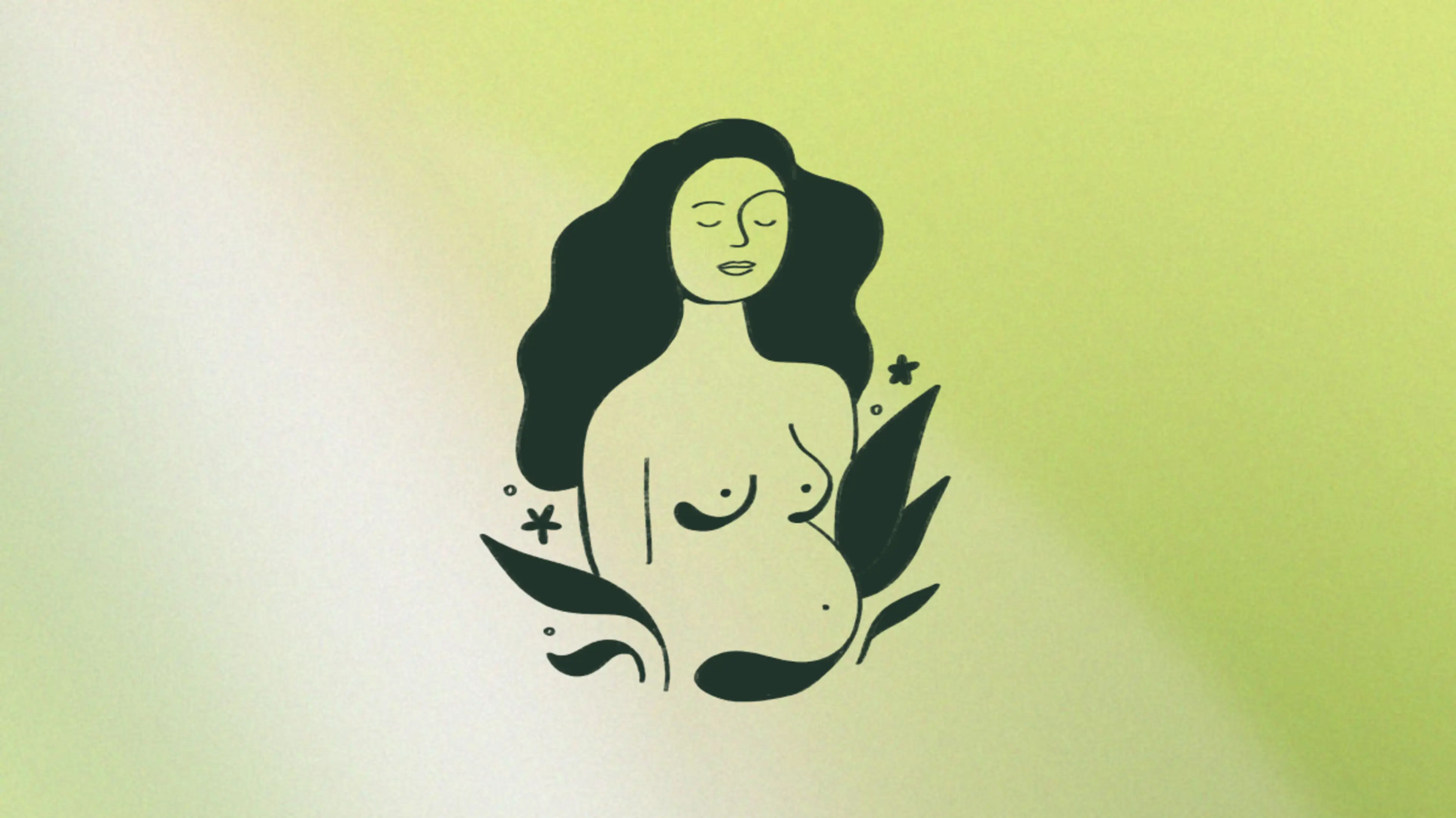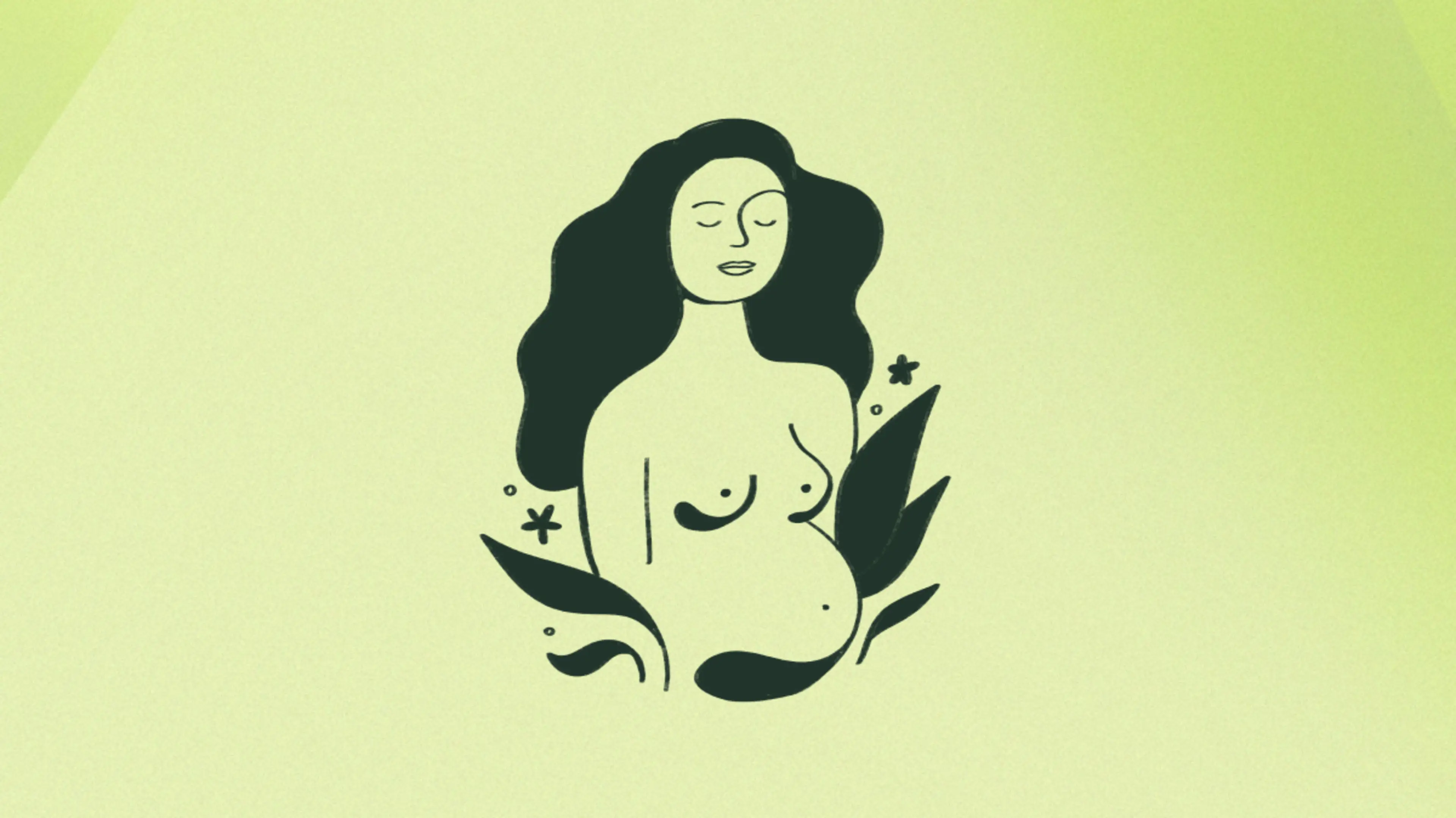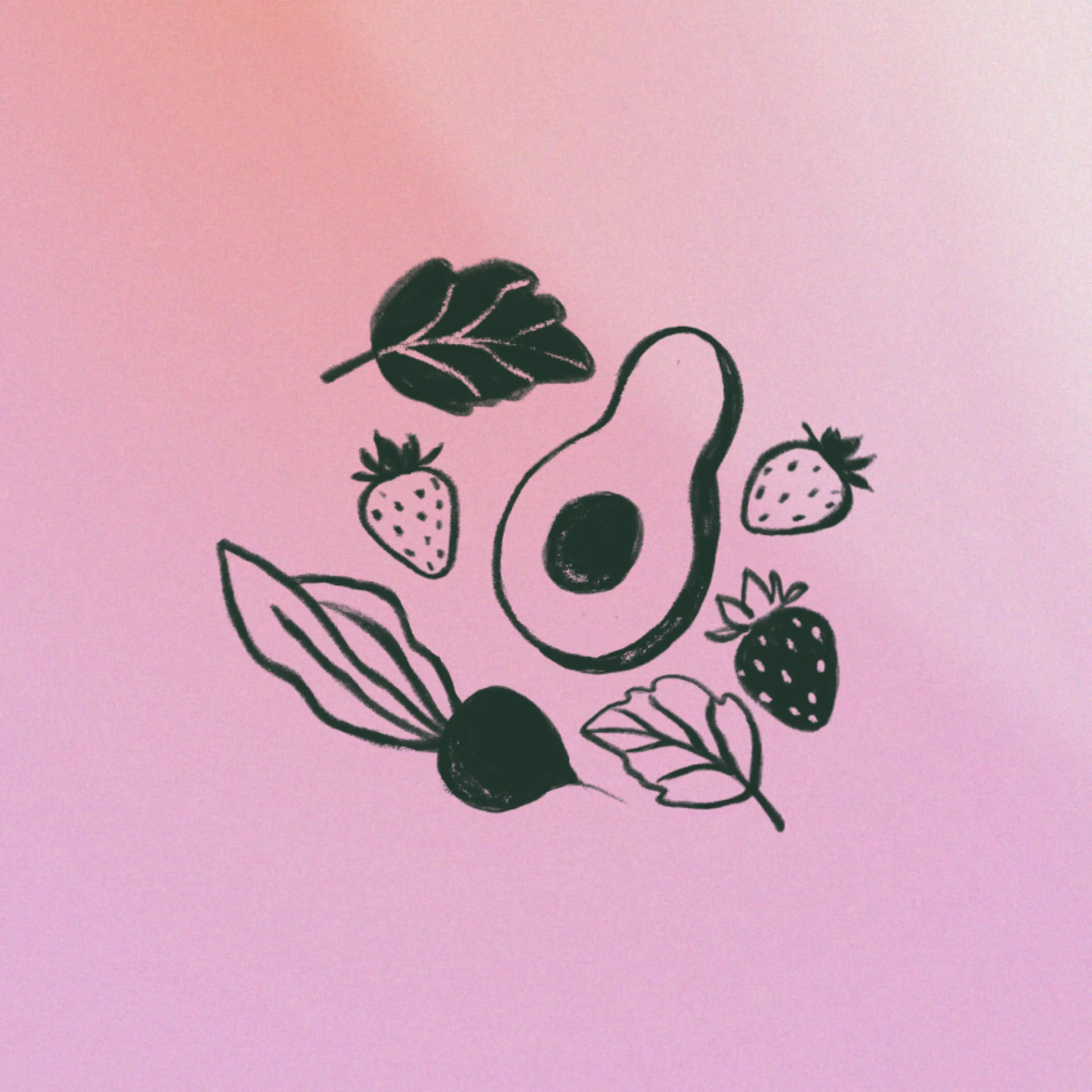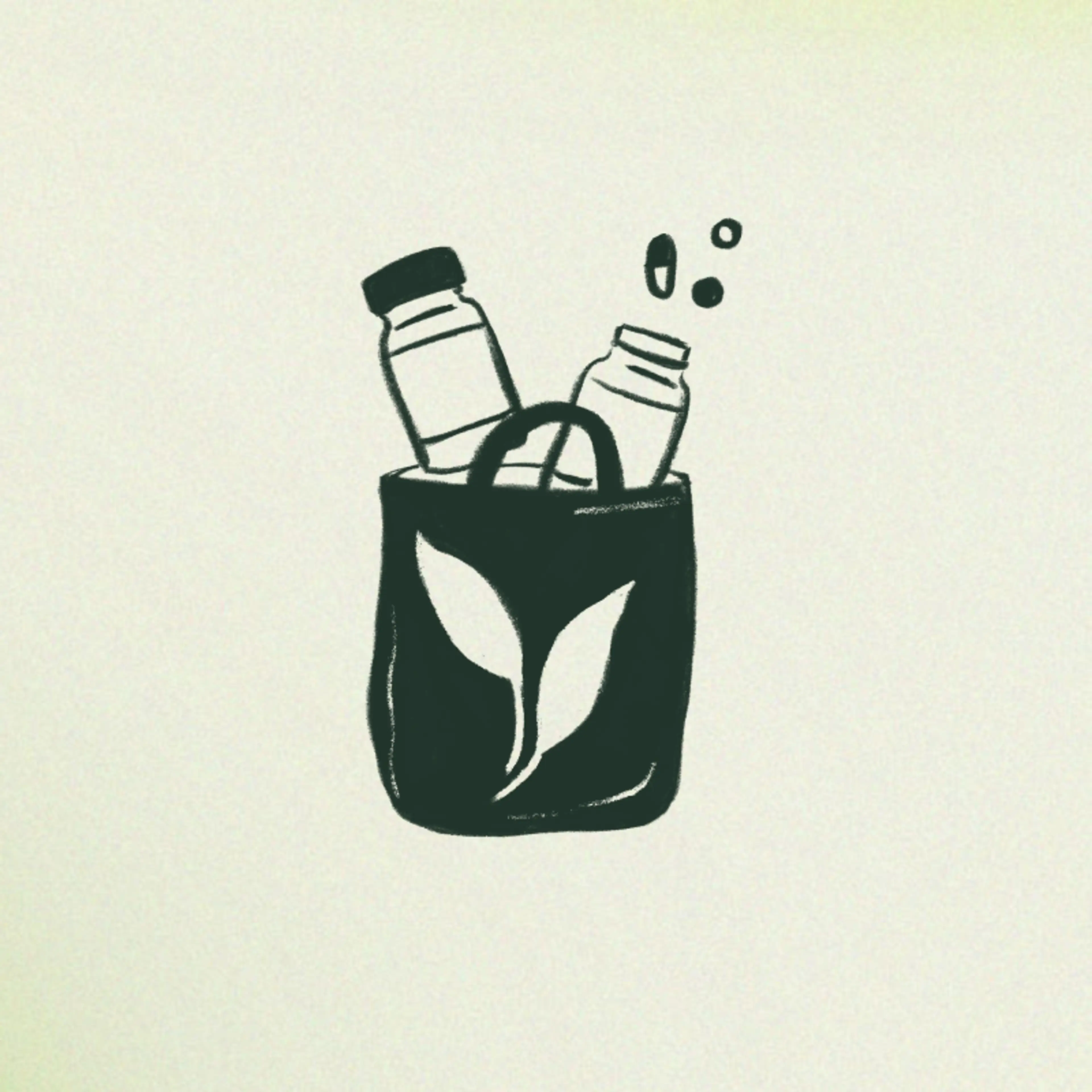What you eat in a day takes on a bit more significance when you’re growing a human. You not only need to increase your calorie intake but also make sure you’re getting the right nutrients to support your baby’s growth and development. If you’re not sure what exactly you should be eating while pregnant, you’re not alone. We’ve gathered some ideas to help you plan out your meals, from breakfast to dessert and everything in between.
How Is Eating While Pregnant Different Than Eating at Any Other Time?
Growing a human is a pretty big task so you’ll want to make sure you’re fueling your body with the best foods to support both you and your baby. There are certain things you should avoid and a few nutrients you’ll definitely want to make sure you’re getting enough of. Getting enough folic acid2 , for example, is crucial to baby’s development and helps prevent neural tube defects. In addition to a healthy pregnancy diet, taking a daily prenatal vitamin can also help you fill in any gaps.
You also don’t need to drastically increase your daily caloric intake. For people carrying one baby, the American College of Obstetricians and Gynecologists (ACOG)1 recommends an additional 340 calories starting in the second trimester, 600 for those carrying twins and around 900 for triplets. Keep in mind that these are just guidelines—specific caloric intake can vary from person to person, and these are not hard and fast rules.
“Instead of thinking about calories in/calories out, I urge people to focus on incorporating foods high in the nutrients most important to pregnancy,” Ryann Kipping, a dietician and founder of The Prenatal Nutritionist3 says. “This often means being a bit more intentional with our day-to-day choices.”
What Do Healthy Meals for Pregnancy Include?
In general, “many of the same things in an ‘everyday’ diet are also important when pregnant, such as eating plenty of protein, adding color to your plate with various fruits and vegetables and focusing on healthy fats like avocados, nuts, seeds, and salmon,” says Kipping.
When planning out your meals, keep in mind that “a great well-rounded meal includes protein, complex carbs (fiber), healthy fats, and a flavor you enjoy!” Incorporating a wide variety of foods can help you make sure you have a balanced diet and that you’re getting all of the right vitamins and minerals to support a healthy pregnancy.
What Foods Should I Avoid While Pregnant?
There is a small list of foods to avoid for reasons such as the risk of contracting certain harmful food-borne illnesses4 . But not to worry! The good news is, “you can enjoy most foods with basic food safety practices,” Kipping says.
Here’s what she recommends staying away from while pregnant:
Alcohol
High amounts of caffeine
High-mercury seafood
Undercooked meat
Packaged deli meats
Raw shellfish
Unpasteurized dairy
Unpasteurized juice
Raw sprouts
Pre-packaged salads/leafy greens
Pre-cut raw fruit and vegetables
So what exactly should you eat while pregnant? We’ve got you covered!
Best Breakfast Foods for Pregnancy
Breakfast can be an easy meal to skip but it’s so important to start your day with a healthy meal. It doesn’t have to be big or extravagant either. You’ll want to start your day with protein, healthy fats and carbohydrates. Wondering what one of the best food you can eat for breakfast is? “Eggs!” says Kipping, “specifically egg yolks are one of the most concentrated sources of choline. Choline is crucial, and just as important as folate, for baby’s brain development.” According to The Cleveland Clinic5 , choline is an essential nutrient that helps your liver and brain function properly, and pregnant people need about 450 mg per day.
Here are a few more breakfast ideas:
Yogurt with granola and strawberries
Oatmeal with raspberries or banana and nut butter
Scrambled eggs and toast with nut butter
Smoothies (a great way to pack in a ton of nutrients!)
Best Lunches for Pregnancy
Lunch is another meal that often gets skipped thanks to busy schedules, but we’ve gathered a few ideas that are both nutritious and easy to prep. When planning out your lunches6 (and meals in general) start with a protein. “Protein is the most filling nutrient and the building block of your [baby’s development], so it should always be prioritized,” Kipping says. Then balance your protein with healthy fats and fresh, whole foods and you’ve got a nutritious meal!
Here are a few well-rounded lunch ideas:
Kale salad with grilled chicken and sweet potatoes
Whole grain tuna and cheddar wrap
Burrito bowl with chicken or ground beef, beans, brown rice and a few of your favorite veggies
Chicken salad sandwich
Best Dinners for Pregnancy
Dinners basically follow the same guidelines as lunch, however, you’ll definitely want to make sure you get enough protein in to keep you satisfied overnight. Dinner doesn’t have to be elaborate either, simple slow-cooker dishes, hearty salads, pasta, sautées, and stir-fries allow you to pack a lot of nutrients into one meal. We also love these dinner ideas Kipping recommends7 :
Loaded sweet potato nachos
Salmon and asparagus
Blackened salmon tacos
Slow cooker pumpkin chili
Lemon rosemary tilapia
Avocado and black bean quesadillas
Hearty soups
Healthy Snack Ideas
Snacking can be essential when pregnant, especially if you experience morning sickness. Eating every 1.5-2 hours8 can help lessen nausea and ease your symptoms. These healthy snacks are great to have on hand and eat between meals.
Edamame
Cheddar cheese
Trail mix with pumpkin seeds
Berries
Nuts
Hard-boiled eggs
Veggies with dressing or hummus
Apple or banana with nut butter
Cottage cheese
Scoops of greek yogurt
Toast with peanut or almond butter
Smoothie
If You Have a Sweet Tooth
While you want to make sure you’re not consuming too much sugar, “dessert can always fit into a well-rounded diet,” says Kipping. Yay!
Some healthy treat ideas include:
Dark chocolate
Chocolate covered fruit
Berries and whipped cream
Oatmeal raisin cookies
Sherbert
Italian lemon ice
Rhubarb crumble
Slice of banana bread
Tips for Eating While Pregnant
Deciding what to eat when you’re expecting doesn’t have to be complicated. The most important thing is to make sure you’re eating a variety of foods and taking your prenatal vitamins, the rest should take care of itself. Here are a few more tips to make life easier:
Don’t be afraid to take some shortcuts: Canned food such as beans and fish, as well as frozen fruit and veggies, are packed with nutrients.
Meal prep: Stocking your freezer is usually something people think of doing for postpartum, but it’s also helpful to prep food you can take out and warm up when you have no energy to decide what to eat, let alone cook.
Go easy on yourself: You’re literally growing another human (or two or three!), listen to your body, eat small snacks and stay hydrated–—you’re doing great.
Commonly Asked Questions about Eating While Pregnant
What Should I Eat Daily While Pregnant?
In general, the same guidelines listed for a well-balanced meal apply to what you should eat on a daily basis. This includes:
Protein
Carbs
Fruit and vegetables
Source of calcium
Is It Ok to Skip Meals While Pregnant?
Eating can be the last thing you feel like doing, especially if you’re experiencing morning sickness or food aversion. But you’ll want to be sure to eat something every few hours (even if it’s just buttered toast or a piece of fruit). Your body is working overtime to sustain both you and your baby, so you want to make sure you’re giving it the proper fuel.
Is Three Meals a Day Enough When Pregnant?
Three meals a day that contain all of the essential components (protein, healthy fats, carbs) plus a couple of snacks throughout the day can keep you and your baby healthy and happy. If planning three meals feels like too big of a task, you can also frame your day around six small meals. These mini meals can be as simple as oatmeal with a banana, cottage cheese and raspberries, hummus and carrots, or cheddar cheese and crackers.
